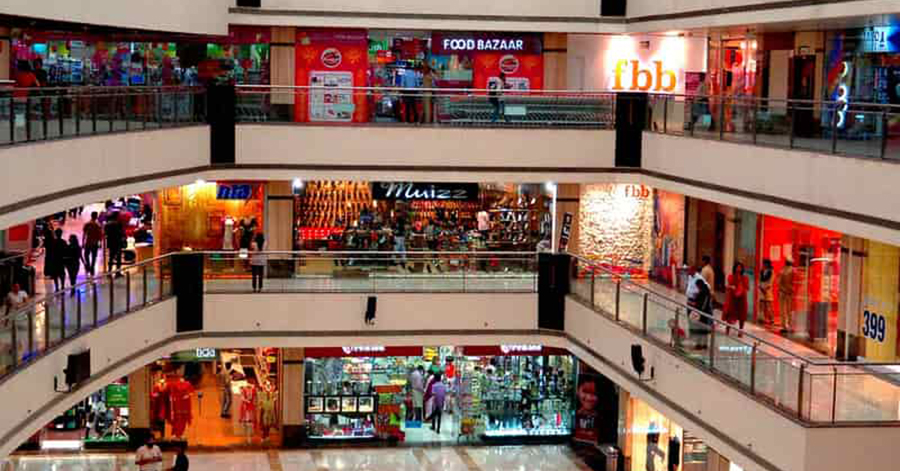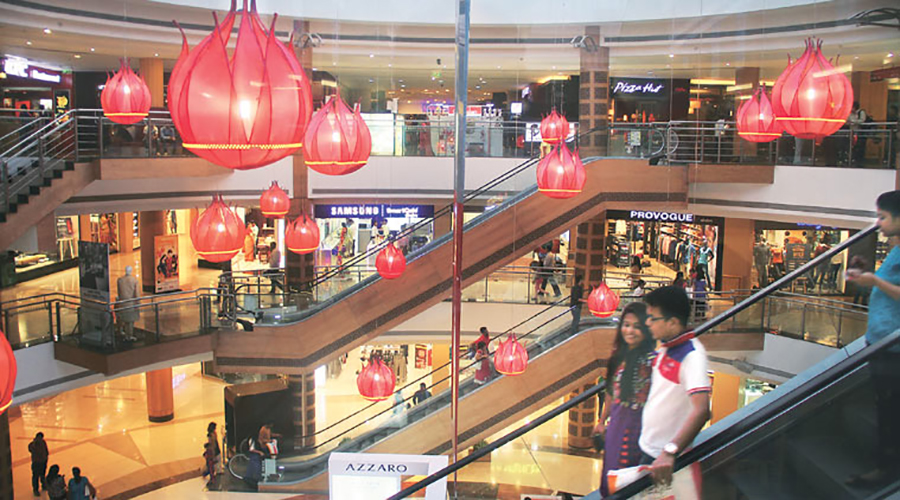Roadmap to Revival : All businesses are in the same storm, but not in the same boat
By Retail4Growth Team | April 30, 2020
Preference will shift to standalone stores, long term contracts will become a rarity & margins will get diluted as discounts will be used to ignite demand, as per retail experts.

Retailers Association of India (RAI) hosted a Webinar titled ‘Retail Business Roadmap: From Survival to Revival’ as a part of its ongoing ‘Coping with Covid-19’ series. The panel comprised top retail executives including Ajay Kapoor, President-Retail, FAB India; Amit Kumar Sirrohi, Head – Retail Business, Raymond Ltd.; Bhupesh Dinger, Director, Enrich; Sumit Dhingra, Managing Director- India, Sri Lanka & Nepal, Crocs; Sumit Ghosh, Director, Fossil India. The panel was moderated by P. Viswanath, Executive Director, KPMG India.
The webinar touched on various aspects of the business like inventory management, cash reserves, shareholder outlook, adoption of technology, and more, in the light of surviving the current crisis and reviving from it.
Drawing focus to the safety aspect of a post-COVID retail ecosystem, panelist, Sumit Ghosh, Director, Fossil India said, “The most important thing for malls and stores to do is to create an environment of safety and win over the first few customers that come back. Then the word-of-mouth will spread. More and more shoppers will become comfortable and the business will revive.”
Speaking about the key theme of these times—Change—Bhupesh Dinger, Director, Enrich said, “It is important to think about what will not change. From a consumer point of view the need for looking and feeling good, the need for social interaction, focus on health and wellness. From a company point of view, your reputation, the trust and processes you’ve developed, the customer base you’ve built over time, your vendor support, the great people that are in your system. These things will not change, so take these strengths and address the things that are going to change.”
“The world is not going to be the same one we are used to. The coming times are going to be about unlearning what we have learned and learning the new dynamics that we are supposed to get used to,” stated Ajay Kapoor, President-Retail, FAB India

Key Takeaways:
Consumer Behaviour:
- When the economy opens up, the initial shoppers will be millennials going for revenge buying, discount seekers and bargain hunters.
- The reason for going to a mall is going to change significantly. And so are the reasons to shop.
- Consumers are increasingly adopting e-commerce and this change will have certain lasting effects.
Effects on Businesses
- Although all businesses are in the same storm, they are not in the same boat. Every retail business is in a different boat as each business has a different cost structure, inventory position, need for cash, and so on.
- Margins will get diluted as discounts will be used to ignite demand.
- Shareholders and organizations will now start looking at cash reserves differently.
- Long term contracts will become a rarity for some time.
- Promotions will be very critical in the recovery story.
- Newer business models will emerge.
- EOSS will be about liquidating excess inventory and not pursuing excess sales.
- Revenue share models will become commonalities.
- Shopping by appointment might become the new norm.
- Preference will shift to standalone stores.
- Health and safety are going to be the primary differentiators.
- Brands with strong credibility and a loyal customer base will be the first ones to bounce back.
- The crisis has taught businesses to look at cash reserves differently.
Guidelines for Retailers
- Cash should be a priority for businesses.
- Create both short-term and long-term plans.
- Create simple and easy to follow SOPs.
- Retailers and mall owners will need to look at each other’s cost structures and come to a common consensus for survival.
- Inventory efficiency and optimization are of utmost importance.
- Demand-led models need to be adopted.
- Businesses must adopt an Omni-channel strategy to remain relevant.
- Organizations should look at risk-modeling for extreme scenarios such as no supply from vendors for 2 months.
- Create better experiences for whatever limited consumers you do get in your stores.








